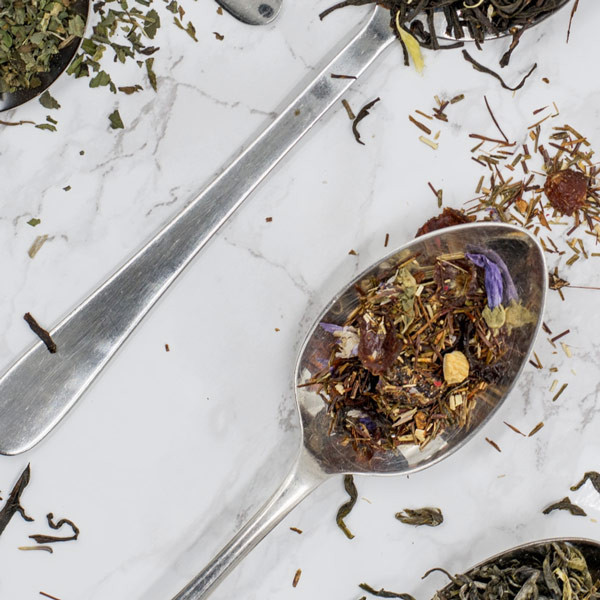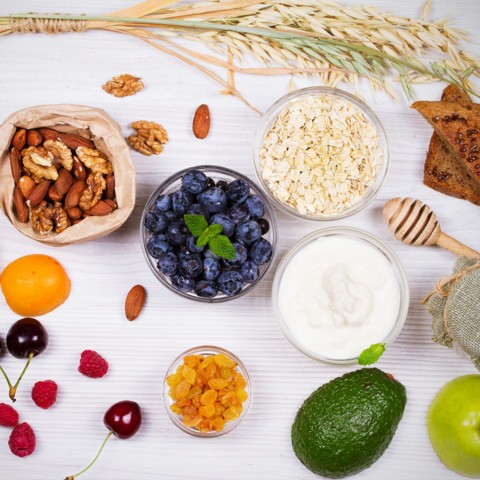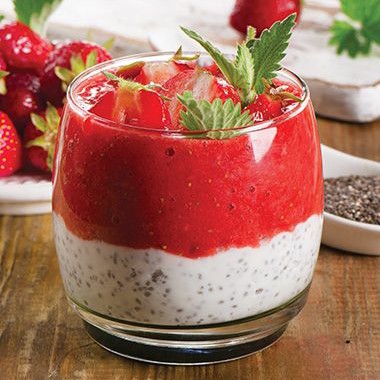One of food author Michael Pollan’s many memorable passages in his 2008 masterpiece “In Defense of Food: An Eater’s Manifesto”, is the one that states that you should never “...eat anything your great-grandmother wouldn't recognize as food”. In just nine magical words, Pollan establishes a new way of looking at what is “real food”: that which sustained and nourished our forebears, while processed and chemical-drenched, highly-processed food such as refined sugar, white bread and GMO corn — so often considered mainstream — are the real usurpers.
An entire theory in one amazing sentence!
Pollan’s point is driven home time and again in the book. That organic, non-processed, chemical-free food is the “real food” that has sustained our ancestors for generations. This in contrast to the language of the processed foods industry who refer to organic foods to be the sustenance of those who live on the fringes. An elitist response (they argue) to what they consider to be “normal” processed foods. Indeed, nothing could be further from the truth. It is traditional diets that are (and should be) the mainstream food of our society. In recent decades, science has come around to the view that modern, processed foods are far more than just less nutritious than the foods our ancestors consumed. The evidence now points to the fact that they are downright unhealthy!
Recent advances in understanding about gut health has merely underlined what ancient knowledge has always concluded. That all disease begins in the gut. It is only now that we can point to the incredible ways our gut bacteria influence our overall health and wellbeing.
Here are just a couple of health areas that gut flora can influence.
Mental health
Recent studies have linked out of balance gut microbiome with a range of mental disorders including anxiety, stress, and depression. The key to this appears to be a disruption in the way “normal” bacteria communicate with the brain. One study showed that, when mice are given gut microbiota from people with major depression, they too exhibited similar traits (1). There is also evidence now to suggest that an imbalance of gut biota is influential in such mood-changing disorders such as irritable bowel syndrome and chronic fatigue syndrome (CFS) (2).
Immune system
With around 80 percent of our body’s immune system located in the gut, it’s no surprise to find the important role our gut bacteria play in regulating our immune system. A poor diet combined with an inactive lifestyle will play havoc with the balance of bacteria in our gut. The good bacteria will be reduced in number and the bad will proliferate in its place. This has an adverse effect on the immune system and is linked to such inflammation-related disorders such as diabetes, high blood pressure, rheumatoid arthritis and some forms of cardiovascular disease (3).
So, bearing in mind the advice given by Michael Pollan, what foods should we eat to promote a healthy balance of gut bacteria? What sort of diet should you consume to promote health and wellbeing? The answer, unfortunately, is not that easy. As recent studies have underlined, it is necessary to understand that everyone is different and we all metabolise food differently as a result. Therefore two people eating the same diet may well have completely different results.
As Dr Elan Elinav, from the Immunology Department at the Weizmann Institute of Science in Israel, explained to the ABC in relation to his team’s 2015 groundbreaking study. "If my and your response to the same food are opposite then by definition a similar diet cannot be effective for both of us."
Dr Elinav found that the 800 people studied as part of the research were far from uniform in their reaction to foods considered to cause blood sugar hikes (4).
"We would expect that in average people, their blood sugar would spike more on ice-cream than rice," Dr Elinav said. "What we found in this really large cohort is that some people did exactly that but others did exactly the opposite. They were not responsive to ice-cream at all, and actually close to 70 percent of the study population did not even spike on ice-cream."
In short, we are all different. Not exactly a new discovery! Though science is beginning to lean towards the “everyone is an individual” scenario there are a number of moves towards more traditional diets that you and your family can introduce to boost your health. Some of the more well-known traditional diets are discussed below.
Mediterranean diet
One of the most important and highly regarded diets is the traditional Mediterranean diet. Consisting of an abundance of healthy meats, fish, vegetables and legumes, the diet is the age-old food consumed by the countries of the Mediterranean region. Full of good fats, protein, fruits, vegetables, and olive oil, it has become more fashionable recently as science has swung away from previous advice that we are to avoid fats as much as possible. Indeed the Mediterranean diet includes some saturated fats and olive oil in abundance, however this is balanced with an abundance of vegetables and fresh fruit. Many studies now rate this diet as the best for health and nutrition.
“Resistant starch”
As the name suggests, resistant starch “resists” digestion and therefore acts as important food for the good bacteria in our gut. While not considered a traditional diet per se, resistant starch is found in traditional foods such as green bananas, peas, legumes, and nuts such as cashews. However you may also increase your level of intake by cooling such foods as pasta or rice, then reheating them again before serving. The theory is that preparing the food in this way changes its structure, making it more resistant to digestion. Science now better understands the importance of feeding our gut biome and increasing our intake of resistant starch is one excellent way to do so. This type of starch acts more like fibre, feeding our gut, than a carbohydrate which causes unhealthy blood sugar spikes. For diabetics this is doubly important as it reduces the rise in blood sugar levels by up to 50 percent, according to author and BBC presenter Michael Mosley (5).
Try fermented foods
Fermented foods such as sauerkraut and kimchi were used in the days before refrigeration as an excellent way to store food throughout the long winter. However it also had the benefit of adding much-needed pre and probiotics to our ancestors’ diet through the interaction of bacteria on the vegetables, which produces lactic acid. While cabbage is an easy and popular vegetable to ferment, you can ferment almost any foods, including meat. Traditional fermented foods such as yoghurt, sauerkraut, kefir and kombucha have made a comeback in recent years as nutritionists rediscover these health benefits. As they are very easy to make, why not try making them at home (6)?
As we have seen, sometimes the traditional ways of consuming food are best for our health. We have evolved to digest traditional foods rather than the often-indistinguishable variants we see on our supermarket shelves, and should concentrate our diets on these. Precisely which diet will suit you best, whether vegetarian, meat-based or — like the Mediterranean diet — a healthy mix of both, will often depend on your physiological makeup, your genes, and other contributing factors. However, to give your gut bacteria — and consequently your entire health and wellbeing — a boost, it makes sense to first cut out harmful processed products and switch to eating traditional foods. As Michael Pollan said: only eat those foods that your great grandmother would recognise and reject anything with more than five ingredients.
As always, we urge you to contact your health professional before making any big changes to your diet, and if you do introduce foods such as those consumed by our forebears, do so gradually. As always, be guided by your own common sense and research on the topic, find out what works best for you and your family and don’t be afraid to ask questions of health professionals and nutritionists.
And please let us know if you are trying a traditional diet to boost your health, we’d love to hear from you!
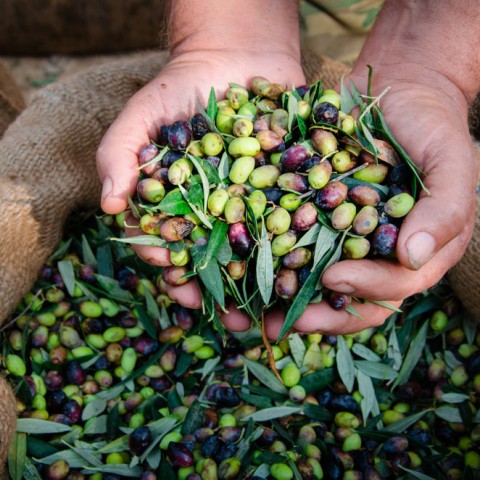
Love Health?
From recipes, trends and discounts, expect great things via email this month.
More Great Reads!

Behind The Brand: Antipodes
Recipes We Love!
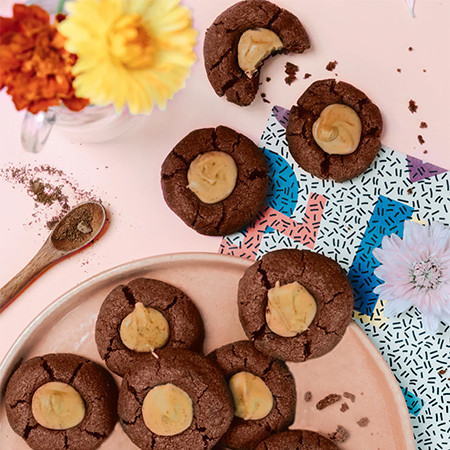
Clever Cookies







